There are lives that seem conditional and dispensable but which are made necessary and essential by these works. These lives and works seem to come together, under our admiring gaze, in the same danger and same wonder. But the danger and wonder in which they come together are the same as those that distinguish them. In the latter case, the expected end of life was the condition for the endless beginning of the work.
Thus, reading books by Franz Kafka is always a start to which we return at the end. When reading these Mozartesque pages made of gravitas and entertainment, we find dramma giocoso, a movement that takes us back and forth between times and spaces, forms and figures, classes and species, natures and worlds. This is why this reading is different from others and makes us different because of this difference that becomes ours.
With his invisible finger, Maurice Blanchot pointed out the dark, multiple struggle that Kafka fought with himself and the world, imagining this dialogue that was constantly taking place inside him, echoing as if on the inside of an empty temple. A voice asks: ‘How all is lost. Should I end because of this?’ Another voice answers: ‘No if you end, you’re the one who is lost.’ This is how Sisyphus found new kinds of labour and days to fail in his tireless myth.
Everyone has written about him and it is as if he wrote about everyone else in his writings. He died a century ago and it has been said that the century in which he died was his: Kafka’s Century. It was his century, because his body of work contains that far-reaching, concave shadow that the 20th century was not able to avoid or prevent, deny or refute. On the contrary, it did everything to give it that adhesive density that spreads and sticks to both life and death so that they infect each other.
But could it be that, for the 21st century, of which we have lived the first quarter, this work is still a parable (or is it an unusual, meticulous report on the future?) that speaks of present and future things? Does Kafka move past us on his way to that eternity that is granted to him because it is denied to us? Does his work continue to have a voice that identifies us, nominates us and chooses us in a bear hug, a cat’s leap or a mouse’s gnaw? (Kafka’s bestiary is infinite.)
He was born on 3 July, 1883 and died on 3 June, 1924, at the age of only forty. If he had not died of tuberculosis then, way before his time, his death might have come savagely several years later. Three sisters, a brother-in-law and three nephews of his were killed in Nazi death camps. Kafka never knew this, though it was as if he did.
Photos of Kafka, with his shy, shrewd face, show us that he was always expecting something, like the air expects the wind that stirs it. They give us a glimpse of his anguished humour and empty secrets.
In his latter days, the shadow of this man, who went into voluntary exile, faded like words written in pencil on thin paper and handled by chance or by destiny and promised to fire (Faut-il brûler Kafka? Should we burn Kafka?).
Regarding Kafka and his death, we could repeat what his contemporary Fernando Pessoa said, eight years before, in his tribute to the memory of Mário de Sá-Carneiro, a poet who died very young, with whom he nurtured a friendship as rare as sunshine on a grey, overcast rainy day:
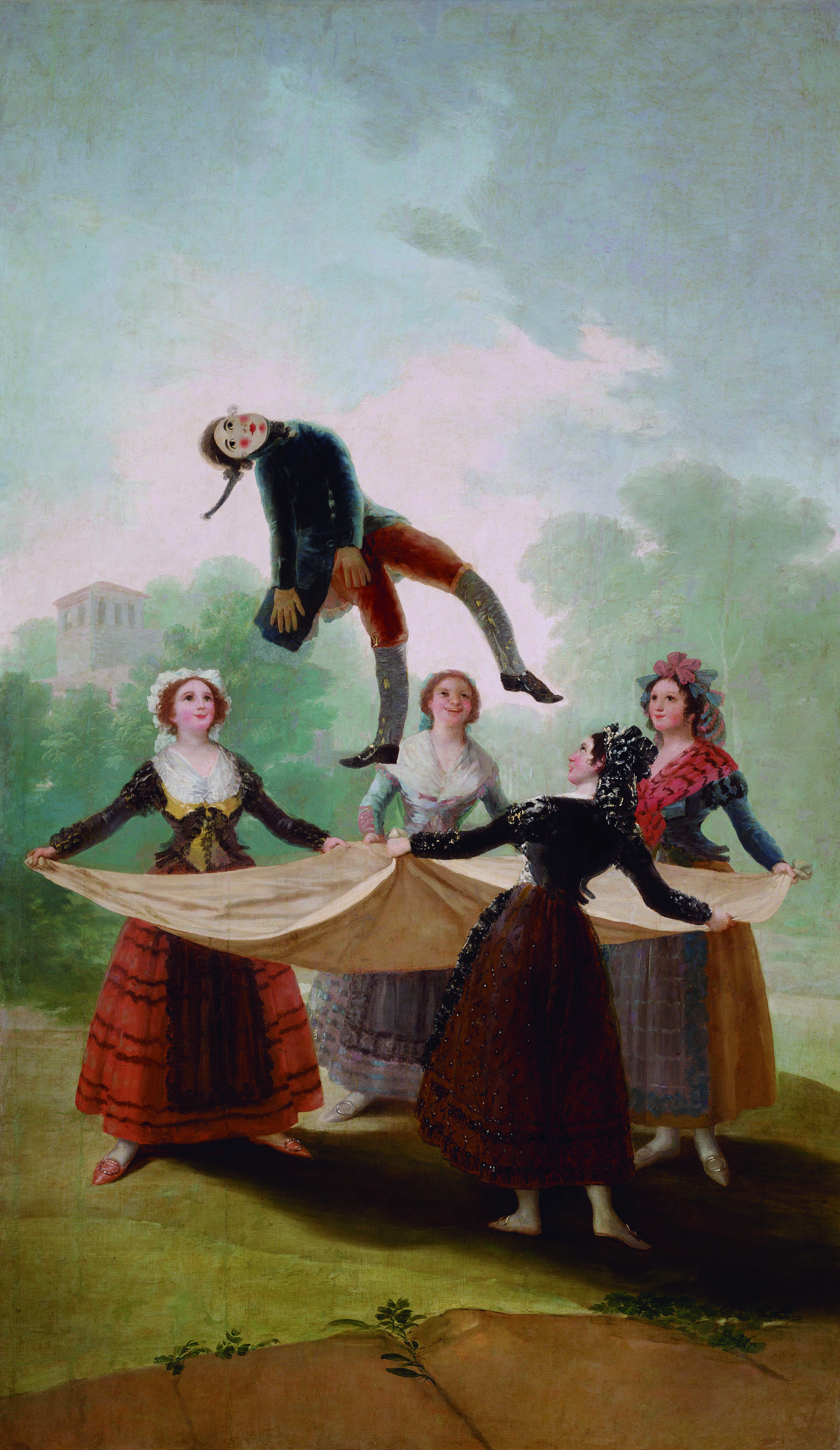
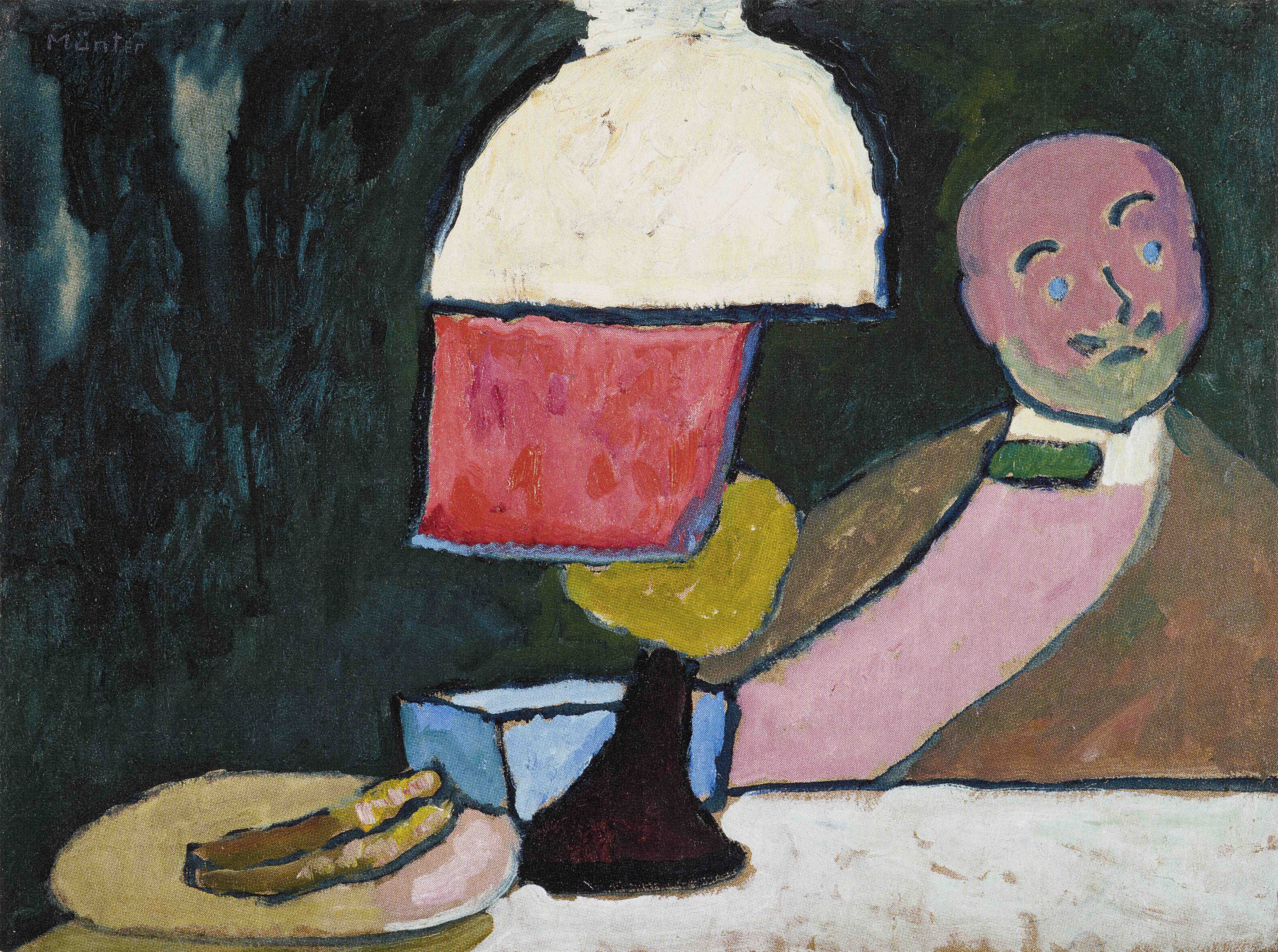
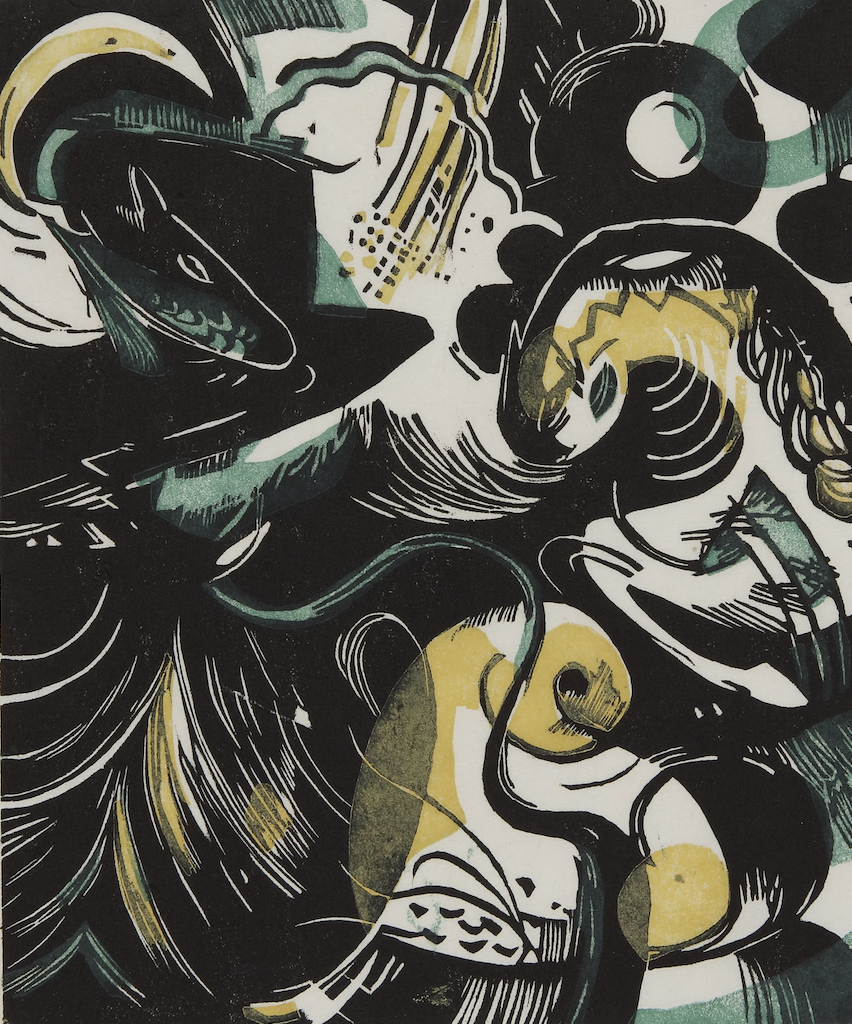
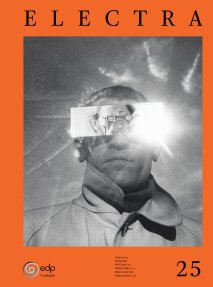
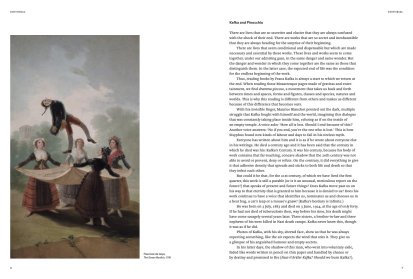
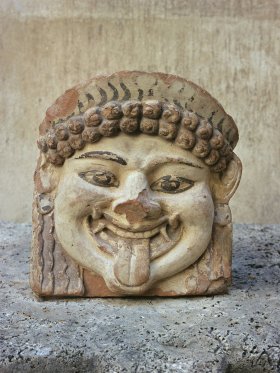
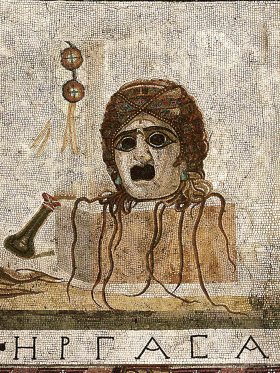
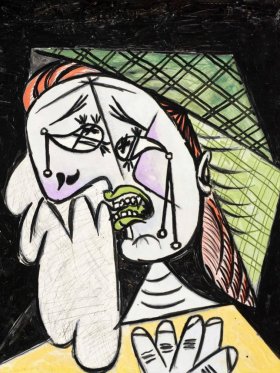
Share article